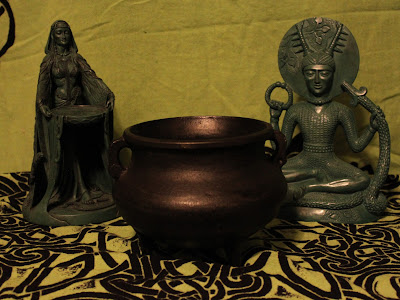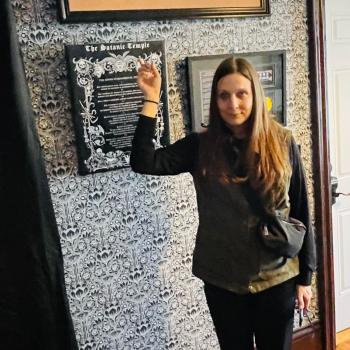I learned compartmentalization as a small child.
I was an “A” student who loved books and learning and I attended a small fundamentalist church where the preacher was a high school dropout and no one in the congregation had been to college. I lived on a small farm and I attended suburban public schools with the children of middle class professionals. I loved sports but I wasn’t very good at them. I liked cooking and needlework and other things boys weren’t supposed to like. I had an opinion on everything and my father thought children shouldn’t argue with adults.
I think I was still in kindergarten when I realized – at some level, anyway – that if I wanted to avoid ridicule or worse, I had to be careful how much of myself I revealed. I developed one filter for school, one for church, and another for home. Over the years the filters and the boxes were expanded and refined – this one for work, that one for one group of friends, another for another group.
There is some value in filters. We quickly lose patience with the neighbor who preaches her religion non-stop and the relative who tells you all about his health problems. If you’re at work you need to focus on work. And it’s just rude to obsess over bacon with your Jewish and Muslim friends. Everybody doesn’t need to know everything about you.
But play a game long enough and it eventually becomes real. Play a role long enough and it eventually becomes who you are. Compartmentalize your life and you may wake up at 50 with the realization you aren’t one person, you’re many.
In abstract terms I understand this. I’ve written on this blog about the need to align our conscious will with our unconscious will and with the will of the Divine. I’ve written about my uneasiness with leaning on the “UU” label when the “Pagan” and “Druid” labels would be more accurate, and about how the truth coming out can be a positive experience. Understanding it in abstract terms is one thing – applying it to my own life is quite another.
In the main ritual at Between the Worlds, we were asked what we need to leave behind as we enter the new aeon. And we were warned not to walk through “The Gates of Yesterday and Tomorrow” unless we were truly ready to move on. I didn’t have to think about what I should leave behind – it was staring me right in the face.
Compartmentalization.
If I’m going to be a Druid I have to bring my Druidry into all my life. If I’m going to be a priest I have to incorporate my priesthood into all my life. Not with the kind of silly braggadocio that gives some Pagans a bad name (and some Christians and atheists too), but by breaking down the compartment walls and letting all parts of my being serve my True Will.
Integration must replace compartmentalization.
This will not be simple or easy and it will certainly not be fast – no weekend conference is going to wipe away a coping skill that’s worked well for 50 years.
But we are entering a new aeon that requires new ways of living and being. Our species needs to learn sustainability. Our society needs to learn cooperation. Our religions need to learn compassion.
And I need to learn integration.

















